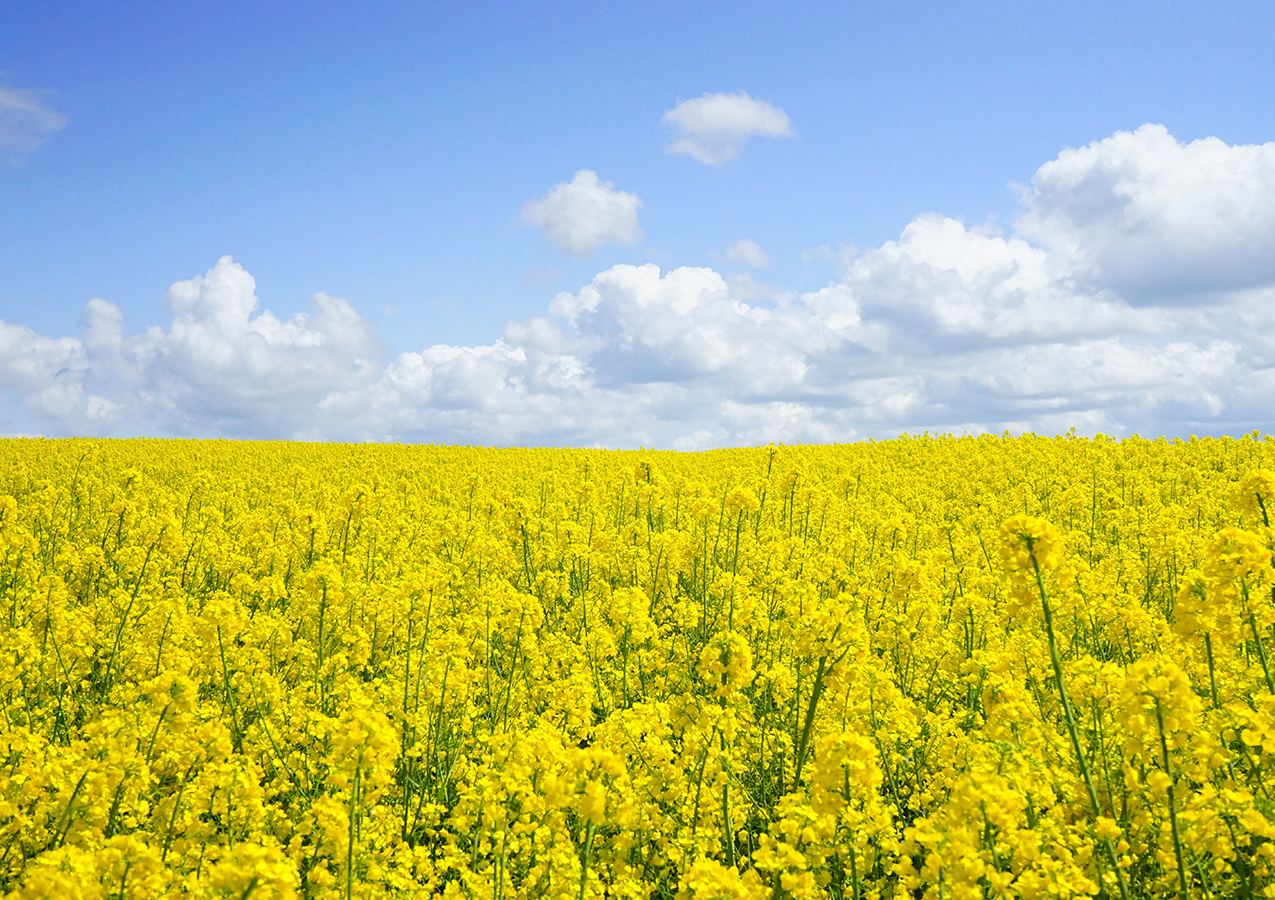The decision to eat certified organic food comes with numerous benefits for both the individual and the environment. The USDA organic label means that food is produced without the use of pesticides, synthetic fertilizers, or genetically modified organisms. Prolonged exposure to these unnatural substances has been found in some studies to cause birth defects and disease. In addition to its lower toxicity, certified organic food is often found to boast higher nutrition content and better taste compared with conventional foods.
For some, however, the higher cost makes it difficult to buy 100% certified organic all the time. To help with this, the Environmental Working Group releases a list called “The Dirty Dozen” each year, highlighting the foods most contaminated with pesticides. Consumers with financial limitations can prioritize their organic purchases starting with this list. This year the list included two additional items which did not meet the usual dirty dozen criteria, but were considered worthy of mention because of insecticide contamination.
The 2012 “Dirty Dozen Plus”
- Apples
- Celery
- Sweet bell peppers
- Peaches
- Strawberries
- Nectarines (imported)
- Grapes
- Spinach
- Lettuce
- Cucumbers
- Blueberries (domestic)
- Potatoes
Plus: Green beans and kale/greens: Often treated with toxic organophosphate insecticides. According to the EWG’s Website: “These insecticides are toxic to the nervous system and have been largely removed from agriculture over the past decade. But they are not banned and still show up on some food crops.”
In addition to the dirty dozen, the “Clean 15” is a list of the foods least commonly treated with pesticides. Shoppers can worry less about having to buy these items certified organic.
The “Clean 15”
- Onions
- Sweet corn
- Pineapples
- Avocado
- Cabbage
- Sweet peas
- Asparagus
- Mangoes
- Eggplant
- Kiwi
- Cantaloupe (domestic)
- Sweet potatoes
- Grapefruit
- Watermelon
- Mushrooms

Another great way to shop certified organic on a budget is to frequent farmers markets. Develop a relationship with the farmers whose produce you regularly buy. Come near the end of the day when they are more eager to make a deal. With practice, you may find yourself getting all of your produce organic for the same price or even cheaper than conventional food.




